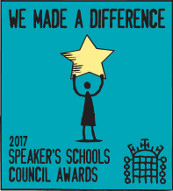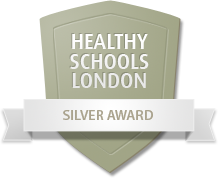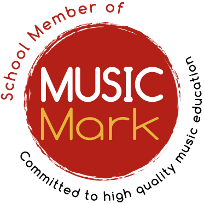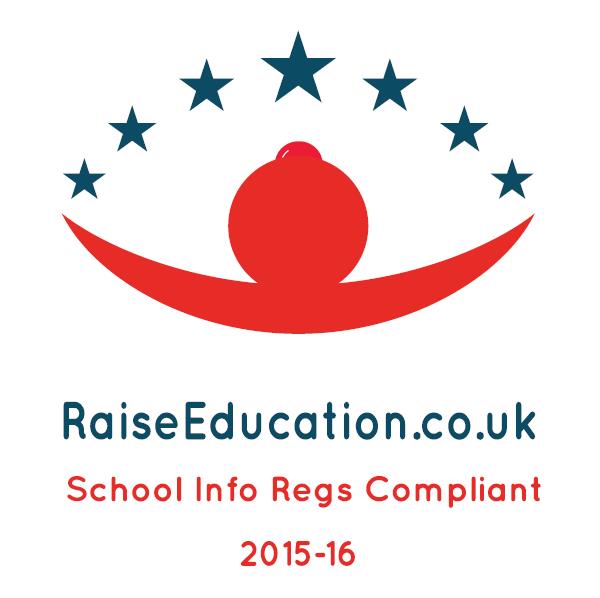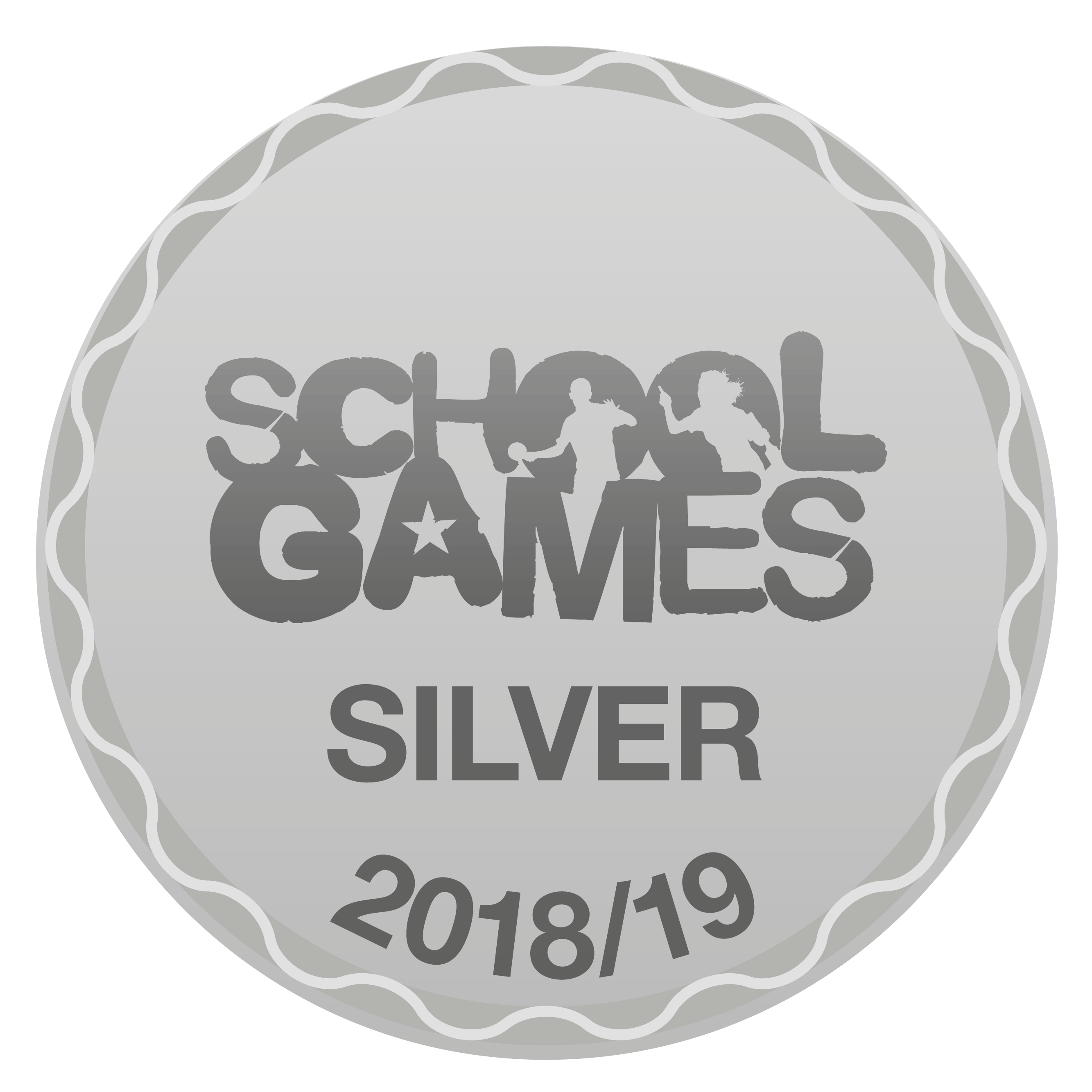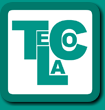Pupil Premium (2017-2018) - Infant School
Context of School
St. Joseph’s Catholic Infants School is a two form entry school in Southwark. We are currently working in a hard Federation with St. Joseph’s Catholic Junior School as part of St. Joseph’s Camberwell Catholic Schools’ Federation.
We have high aspirations and ambitions for our children and we believe that no child should be left behind. We strongly believe that it is not about where you come from but your passion and thirst for knowledge, and your dedication and commitment to learning that make the difference between success and failure, and we are determined to ensure that our children are given every chance to realise their full potential.
At St. Joseph’s we have high percentages of SEN and EAL pupils. However we see our diverse community as a strength and we are committed to ensuring that the challenges we face are mitigated so that all pupils can reach their full potential. It is essential that we identify individual barriers to learning in order to provide personalised targeted support to ensure our children can flourish.
The numbers of children who are entitled to this funding has fallen year by year and in our current Reception we have only five children entitled to this funding. However, across the school this PPG still represents a sizable funding stream which we are committed to ensuring is spent to maximum effect.
|
Number of pupils and pupil premium grant (PPG) received |
|
|
Total number of pupils on roll |
151 |
|
Total number of pupils eligible for PPG (disadvantaged) |
33 (22%) |
|
Total number of pupils eligible for PPG (LAC) |
1 |
|
Amount of PPG received per pupil (disadvantaged) |
£1,320 |
|
Amount of PPG received per pupil (LAC) |
£1,900 |
|
Total amount of PPG received |
£43, 560 |
|
An additional £10,560 was given by the LA making a total of |
£54,120.00 |
|
Previous performance of disadvantaged pupils (pupils eligible for free school meals or in local authority care for at least six months) |
|||
|
2016 |
2017 |
2018 |
|
|
% of disadvantaged pupils achieving a GLD (EYFS). |
50% |
100% |
60% |
|
% of disadvantaged pupils achieving Y1 PSC |
83% |
83% |
100% |
|
% of disadvantaged pupils achieving age related expectations in Reading in KS1 |
67% |
89% |
67% |
|
% of disadvantaged pupils achieving age related expectations in Writing in KS1 |
67% |
61% |
72% |
|
% of disadvantaged pupils making at least expected progress in Mathematics in KS1 |
73% |
72% |
61% |
|
Proposed spending of PPG |
|
Objectives in spending PPG: Our key objective in using the Pupil Premium Grant is to close the attainment gap between children entitled to this funding and those who are not. As a school we aim to ensure that children make at least good progress throughout each school year. Through a range of support and targeted interventions, we are working to eliminate barriers to learning and progress. Many of our children start school with very low attainment on entry and our aim is to ensure that they make accelerated progress in order to reach age related expectations + as they move through the school. As a school, we understand that not all socially disadvantaged children will be eligible for this funding e.g. those without recourse to public funds and we reserve the right to allocate pupil premium funding to those children we identify as socially disadvantaged. 83.5% of our children are in the top 20% of social deprivation. 94.6% are in the top 40%. |
|
Summary of proposed spending: Develop children’s skills and support those who need extra support through both group and individual 1-1 support to ensure no child is left out of any activity or school trip or after school club and enhance home school learning through parent workshops. To equip every child with a new school uniform so that all children start the school year on an equitable basis. Improving our children’s vocabulary has been a key feature of teaching and learning across all subjects this year as a cross phase challenge as we have identified differences in vocabulary between various groups which is evident in our youngest children when they join us in Reception. This will continue to be a target for us. |
|
Outcomes: We measure the impact of this spending in a number of ways - on progress and attainment through our rigorous assessment and tracking procedures. We meet teachers every half term to discuss all children and our data is analysed on a termly basis. We also look at other measures such as behaviour, attendance, wellbeing and attitude which are more challenging to quantify but important nonetheless. GLD data: These statistics are based on only five children within the cohort entitled to this funding in our Reception year. The low baseline scores of these children meant that they were targeted from the outset as they all had very low baseline scores in core subject areas. They would need to make accelerated progress from the outset. Additional support was put in place, particularly with SALT. 80% of these five children were EAL learners, speaking Albanian, French, Swahili and Amharic at home. 40% were also on the SEND register and receiving additional support with their reading, writing and maths – number in particular. Children not read with at home were given additional reading support in school. Their parents/carers were also offered extra workshop opportunities to further support their children at home with phonics and reading, writing and maths. The progress that these children made over the year was super. From low and exceptionally love baseline scores, they all made at least expected progress and 60% of them made accelerated progress across the year. Phonics Screening Check data: The numbers speak for themselves! 100% of the children entitled to this funding achieved at least a minimum pass score of 32 out of a possible 40. Out of the nine children entitled to this funding stream, 78% of them achieved a score in excess of 37. All of these children attended free after school Phonics Club sessions during the spring and summer terms and where necessary, received extra support in their classrooms on a daily basis. Year 2 retakes: 67% of the children retaking the check achieved a pass mark. This is two out of the three children who had not achieved the standard in Year 1. KS1 end of key stage data - see above. |
|
Forecast of PPG spending by item/project |
|||
|
Item/project |
Cost |
Objective |
Outcome |
|
Speech & Language and EAL Support groups |
£15,145.00 |
Develop language skills and support transition of new arrivals and enhance the provision for advanced EAL learners. |
Children were supported with their speech development both in class and often in small groups. SALT trained certain TAs to deliver personal programmes. |
|
Intervention groups for Literacy and Numeracy e.g. Group Reading & First Class at Number |
£14,083.00 |
Small group work to extend children’s, reading, writing and math skills. |
Our Y2 cohort achieved 77% at Age Related Expectations (ARE) at the end of key stage teacher assessments. National figure was 76%. |
|
School Uniform Support |
£1,894.09 |
To ensure all premium pupils have access to free uniform. |
Families were delighted to receive new school uniforms. They said it really helped them, especially when there was more than one child. |
|
Subsidised Educational Visits to Theatre, Museums, Contrasting locality study, Galleries, Farms, Zoos etc |
£266.00 |
Enable all pupils to access to the arts, school trips and learning environments and team building. |
A huge variety of trips were panned across the school year and every child was able to go on them. There were some cases where tis funding stream paid for the whole trip |
|
Parent Maths, Writing, Reading and Phonics Workshops |
£200.00 |
Develop home school relationship so parents /carers have the skills to assist their child. |
Reception, Y1 and Y2 classes all held Maths, Writing, Reading and Phonics workshops for parents/carers in the Autumn term. These were all well attended, particularly the Reception class. Parent feedback was overwhelmingly positive. |
|
Subsidised After School Clubs in Drama, Art, Street Dance, Gymnastics, Cookery and Multi skills games Club, |
£427.00 |
Enable all pupils to have access to the range of after school clubs |
Every child who wanted to attend an after school club was able to. |
|
Individual Needs Support: Part time unqualified teacher to work as part of Intervention team |
£8,820.00 |
Small group booster with a focus on the under achievers. |
The children who worked with this unqualified teacher all made very good progress over time. SEN data available. |
|
Additional External Speech Therapy support. |
£3,800.00 |
Targeted speech and language support and Educational Psychology assessments where needed. |
We buy in more ALT support as a high number of our children have SAL issues. Many are referred on from the Early Years SALT service and so this is a relatively seamless process. These children make good progress. |
|
Phonics Booster groups for Y1 children |
£125.00 |
Targeted support in After School Clubs and Easter Holiday Classes for Y1 and Y2 children to secure that they reach the appropriate standard in June 2017. |
100% of our children receiving this funding achieved the threshold pass mark in their PSC. So proud of them! |
|
Total PPG received |
£43,560.00 plus £10,560.00 |
|
Total PPG expenditure |
£54,120.00 |
|
PPG remaining |
£0.00 |













